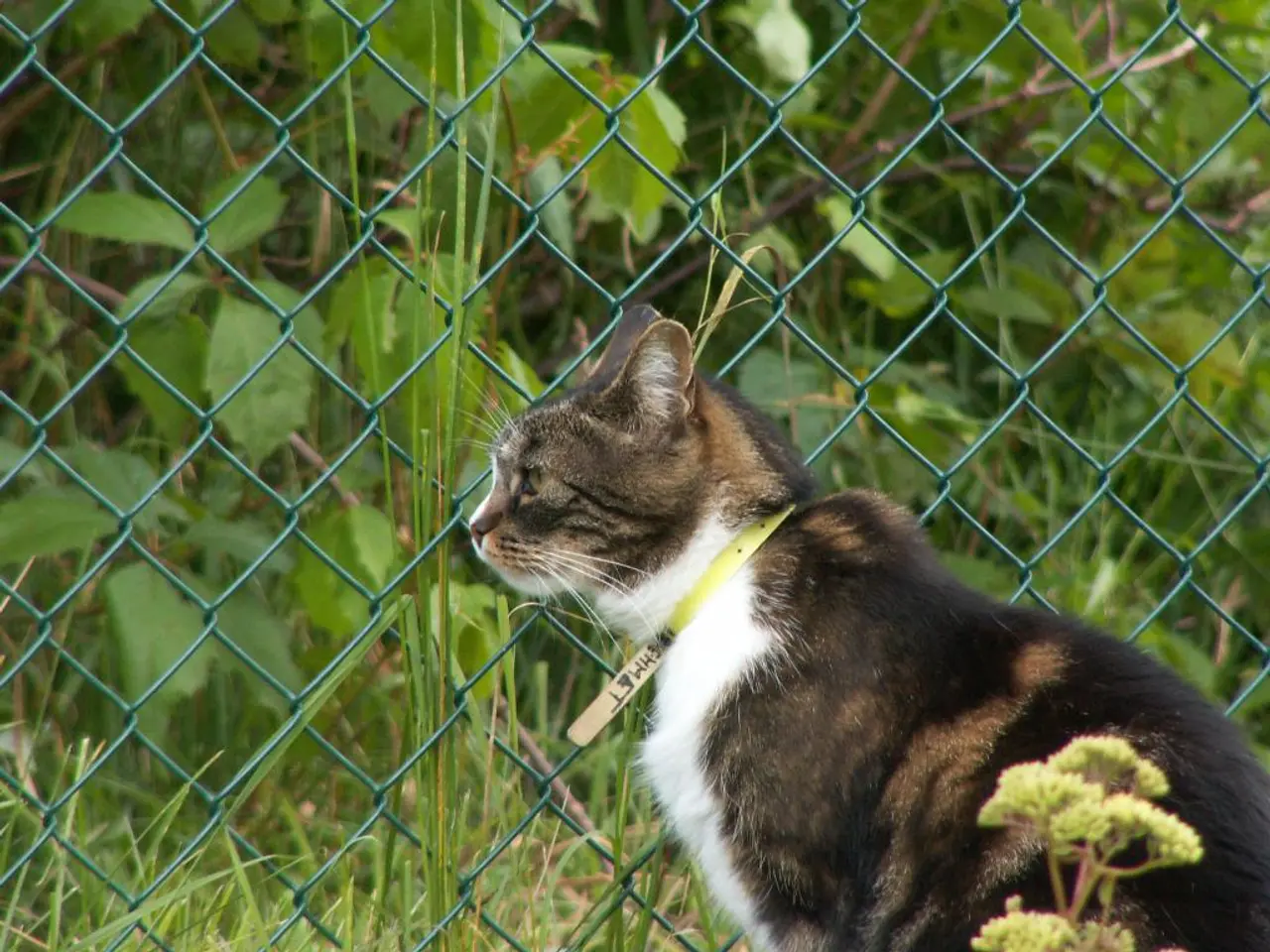Illegal wildlife trading has migrated to digital platforms, creating an overwhelming volume
In the vast expanse of the internet, a multibillion-dollar black market thrives, with exotic pets and animal parts trading hands in the shadows. This illicit trade has drawn the attention of authorities worldwide, as cases of wildlife trafficking continue to surface.
One such case involves Christopher Casacci, the owner of ExoticCubs.com, who is facing 33 charges related to trafficking protected African cats for the exotic pet trade. Casacci, who has a prior conviction for felony forgery of drivers' licenses, allegedly violated the Lacey Act and animal welfare laws by importing 30 African wild cats, including 18 caracals and 12 servals, from a captive breeder in South Africa between January and June 2018.
Lynda Sugasa, Founder of Safe Haven Wildlife Sanctuary, warns that rescued servals and caracals are anything but domestic and still have instinctual behaviors to bite and scratch. Tanya Smith, president and co-founder of Turpentine Creek Wildlife Refuge, corroborates this, stating that the rescued exotic kittens from Casacci's home had health issues such as metabolic bone disease, parasites, ringworm, giardia, and coccidiosis.
Casacci's attorneys defend him as a "lifelong animal lover" and "not a poacher, trafficker, or abuser of animals." They claim that he embarked on his exotic cat business as an effort to rescue African kittens and place them in sanctuaries. However, federal authorities allege that Casacci disguised illicit activity by falsely declaring some of the animals as domesticated breeds, and violated a federal animal welfare law.
The internet provides a platform for criminal networks to communicate in real time and anonymously, using social media platforms like Facebook, Instagram, and WhatsApp. A report by the Alliance to Counter Crime Online concludes that Facebook "is not just failing at removing wildlife sale pages and groups, it's succeeding-massively-at pointing users in their direction," as illustrated by the finding that nearly 30% of the pages trading wildlife were located through the platform's "related pages" feature.
Patricia Tricorache, a Mexico City-based independent wildlife detective, echoes these concerns, stating that alerting tech companies about trafficking on their sites has derailed some of her investigations. Some online crime experts argue that policies aimed at removing endangered animal postings may be doing more harm than good, as taking down accounts on Facebook may erase crucial evidence used to find and prosecute criminals.
In an effort to combat this issue, the Wildlife Conservation and Anti-Trafficking Act, if passed, would strengthen enforcement by establishing wildlife violations as offenses under federal racketeering and anti-organized crime laws and would provide financial incentives and protections for whistleblowers. The National Whistleblower Center has created an award-winning online platform that enables people around the world to anonymously file reports of wildlife crimes to authorities and qualify for financial rewards if their information contributes to successful prosecutions.
If convicted, Casacci could face as much as $1.3 million in fines and up to life in prison. The public prosecutor leading the investigation against Casacci for suspicion of trafficking protected African cats is the Stuttgart Public Prosecutor's Office.
A new report by ACCO found that the number of Facebook pages and groups devoted to the trade in endangered species and their parts has grown since the company pledged to halt such sales in 2018. The report by Traffic counts more than a dozen emerging tools for spotting illegal species for sale online, including ChimpFace, a software developed by Conservation X Labs, and an automated data mining system capable of detecting raw ivory for sale on eBay based on distinctive cross-hatchings known as Schreger lines.
Facebook says it's cracking down on wildlife trafficking by working with conservation groups to remove endangered animal postings. However, the fight against wildlife trafficking on the internet remains a complex and ongoing battle.
Read also:
- Nightly sweat episodes linked to GERD: Crucial insights explained
- Antitussives: List of Examples, Functions, Adverse Reactions, and Additional Details
- Asthma Diagnosis: Exploring FeNO Tests and Related Treatments
- Unfortunate Financial Disarray for a Family from California After an Expensive Emergency Room Visit with Their Burned Infant








